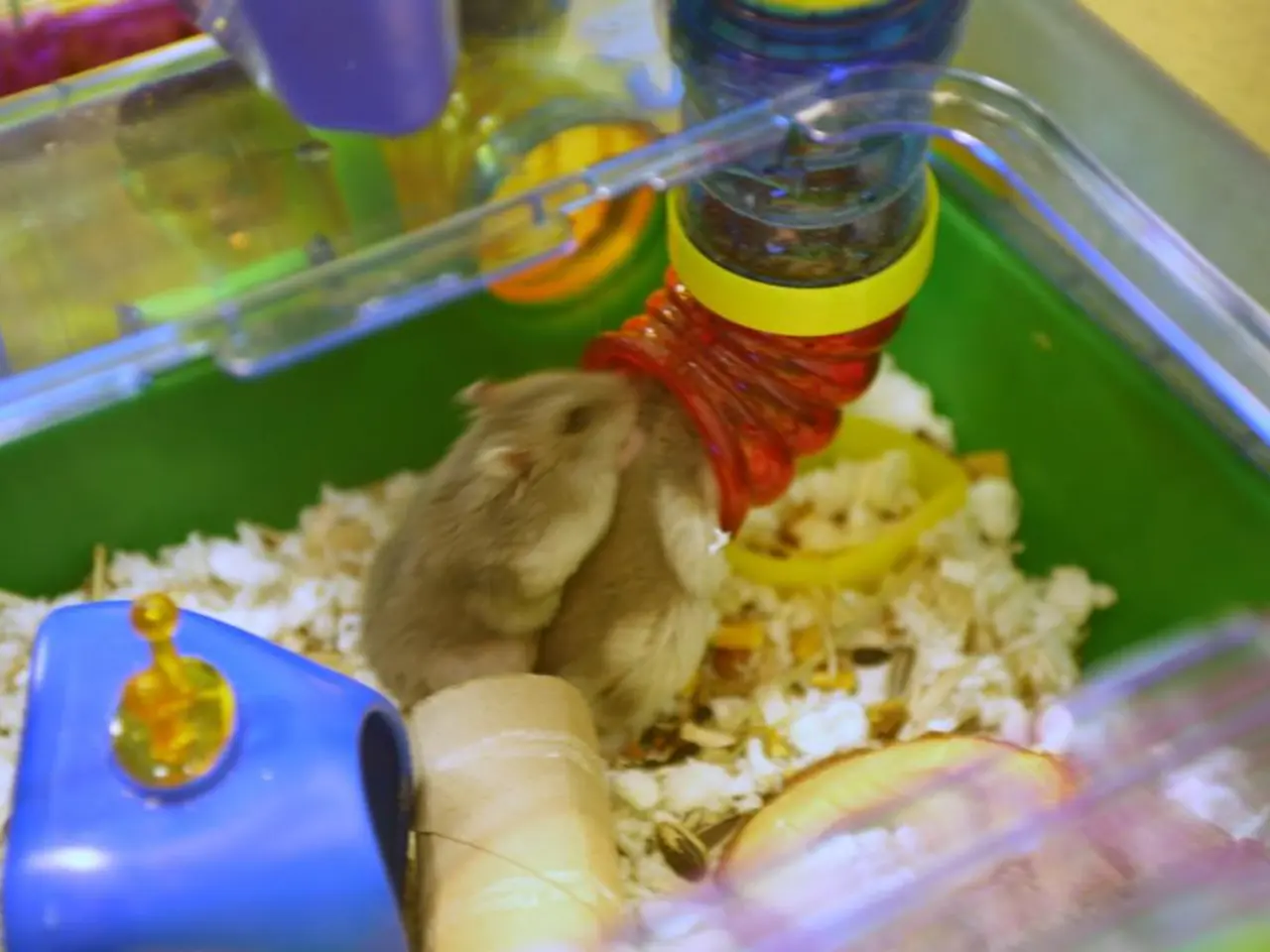Transforming PET Plastic into Paracetamol Using a Single Bacterial Technique
In a groundbreaking development, researchers led by Nick W. Johnson and his team have published a study in the prestigious journal *Nature Chemistry*, demonstrating a novel method to convert PET plastic waste into paracetamol (acetaminophen) using genetically modified *Escherichia coli* bacteria.
This innovative approach combines chemical and synthetic biology techniques, leveraging the Lossen rearrangement—a classical reaction that transforms hydroxamate esters into isocyanates and subsequently amines—integrated with the metabolic capabilities of *E. coli*.
The process begins with the chemical processing of PET plastic. The polymer is broken down into smaller molecular building blocks suitable for biological utilization, which are then converted into an *O*-acyl-substituted hydroxamate ester, acting as the starting material for the Lossen rearrangement.
Next, the engineered *E. coli* bacteria are introduced. These microorganisms are genetically engineered to lack certain biosynthetic genes, making them unable to produce *para*-aminobenzoate (PABA), an essential nutrient for their growth. When grown in a medium containing phosphate buffer and the hydroxamate ester substrate, the Lossen rearrangement occurs, converting the substrate into PABA at mild temperatures. The bacteria then utilise the PABA produced from the Lossen rearrangement as a nutrient, allowing them to grow, serving as a functional readout that the synthetic pathway is successfully integrated with the bacterial metabolism.
Finally, paracetamol is synthesised through further biosynthetic conversion by the genetically engineered *E. coli*. This process operates at near room temperature, takes less than 24 hours, and produces virtually no carbon emissions, making it both efficient and environmentally friendly compared to conventional pharmaceutical manufacturing.
This approach represents a dual-purpose solution addressing both plastic pollution and the carbon footprint of pharmaceutical manufacturing. By integrating a synthetic reaction (Lossen rearrangement) with the metabolism of living microbes, researchers have created a process that converts waste PET plastic into a valuable pharmaceutical—paracetamol—with minimal environmental impact.
The potential applications of the new pathway extend beyond converting PET bottles into paracetamol. This work could inspire studies targeting waste products in biological pathways, contributing to the advancement of research in managing waste products in biological pathways. The development of such pathways is necessary due to the rapid creation of new materials by humans outpacing evolution.
References: [1] Johnson, N. W., et al. (2022). Nature Chemistry. [2] [3] [4] Johnson, N. W., et al. (2022). Unpublished data.
This remarkable study in environmental-science, led by Nick W. Johnson and his team, has showcased a groundbreaking method in health-and-wellness, converting PET plastic waste into paracetamol (acetaminophen) using genetically modified Escherichia coli bacteria. This innovative approach merges chemical and synthetic biology techniques, incorporating nutrition and climate-change considerations, by utilizing PET plastic waste and minimizing carbon emissions. The novel process not only addresses plastic pollution but also reduces the carbon footprint of pharmaceutical manufacturing. This study could stimulate further research in the health-and-wellness sector, focusing on managing waste products in biological pathways, contributing significantly to the field of science.




